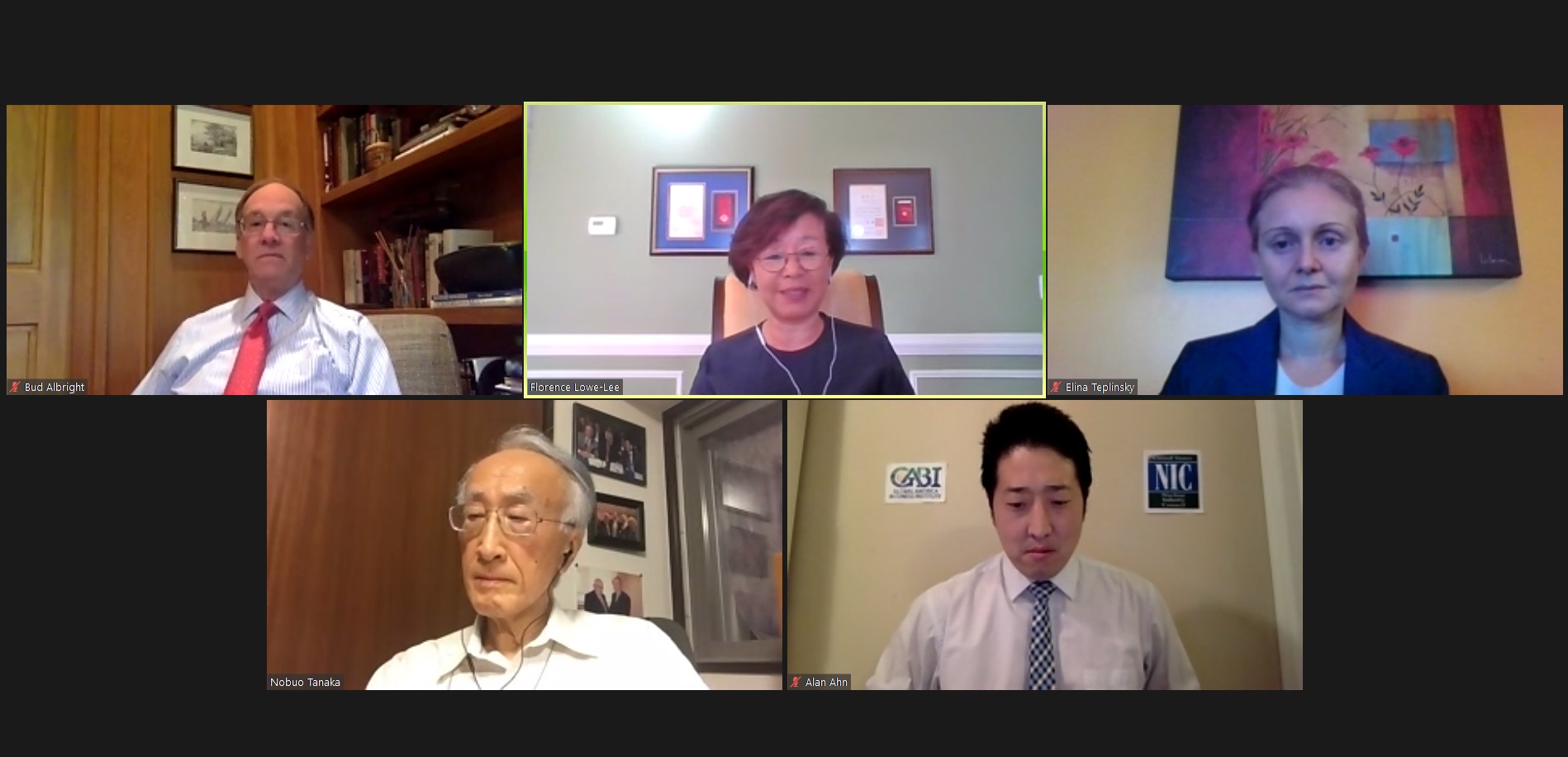Most of the nuclear reactors in operation today in advanced economies were built before 1990, and as
these reactors are eventually shut down, global nuclear leadership is expected to shift. Without policy
changes, the IEA expects Japan, the US, and the EU to lose nuclear capacity through retirements, while
China and Russia accelerate the increase of nuclear capacity through new builds. There are a number of
opportunities for the US to collaborate with its allies in Asia, such as Japan and South Korea, to regain
Western leadership in the global nuclear industry, including but not limited to: construction, licensing and
regulatory harmonization, financing, and the development of advanced nuclear technologies. Greater
cooperation and coordination between the US and its partners, perhaps through a multinational coalition,
can bolster competitiveness vis-à-vis Russian and Chinese state-owned enterprises and ultimately better
serve the market needs in this rapidly growing region and beyond.







